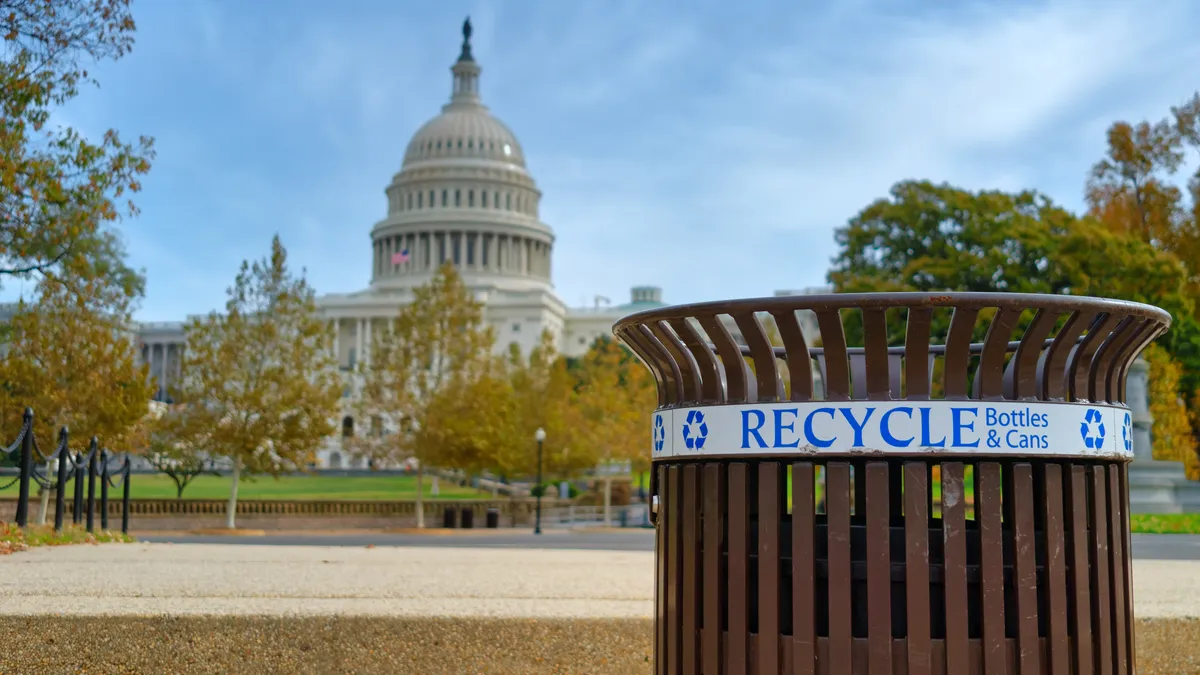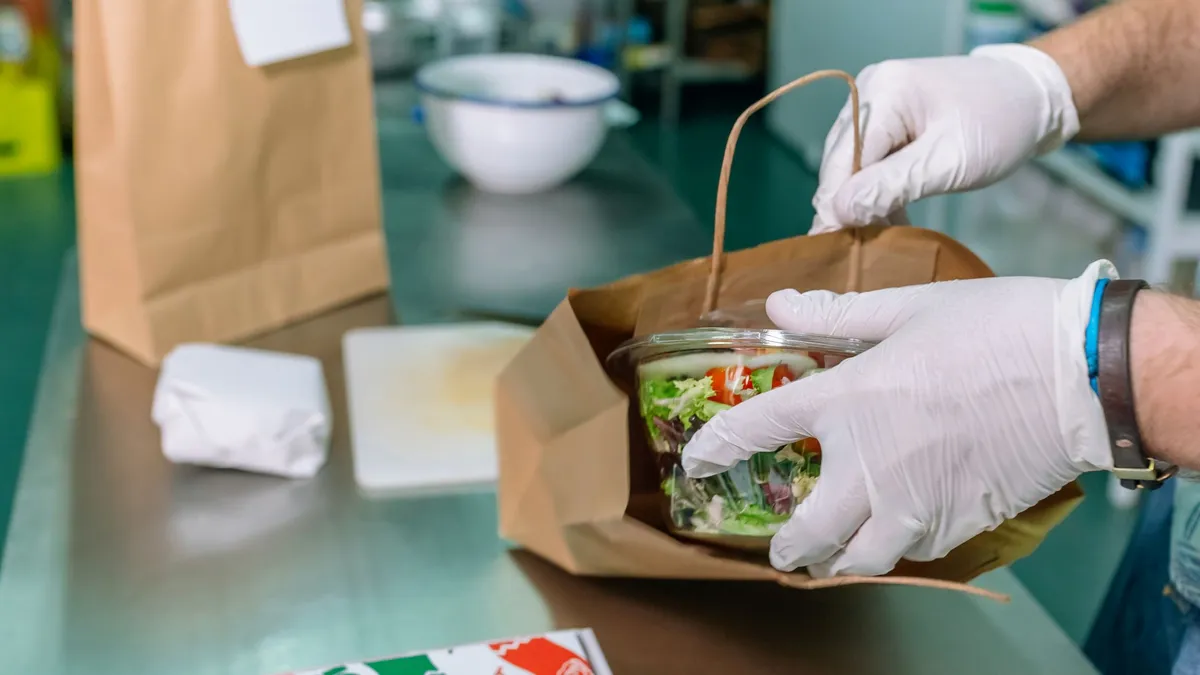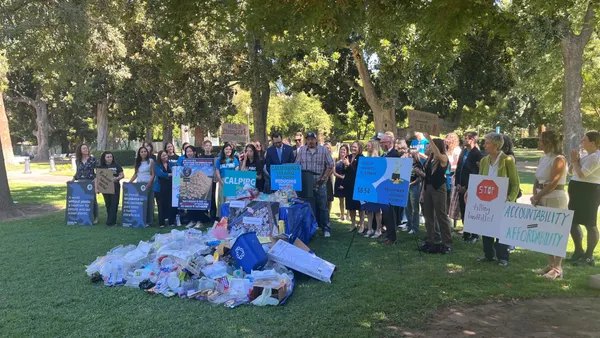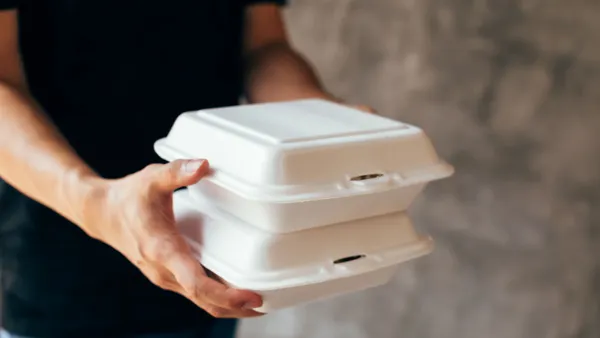The U.S. Department of Commerce on Thursday issued countervailing and antidumping duty orders impacting eight countries that import paper shopping bags to the United States, the latest step in an investigation petitioned for by the Coalition for Fair Trade in Shopping Bags.
The coalition is backed by Novolex and the United Steelworkers union. United Steelworkers also recently co-petitioned for duties against Chinese importers of glass wine bottles.
Thursday’s countervailing duty orders apply to China and India, while the antidumping duty orders apply to China, India, Cambodia, Colombia, Malaysia, Portugal, Taiwan and Vietnam. According to the coalition’s analysis, the combined orders name dumping margins and subsidy rates total as much as 308%.
This follows a U.S. International Trade Commission determination in June that U.S. paper bag manufacturers are “materially injured” by imports of the products from those countries. Their effort had drawn the support of Ohio Sen. Sherrod Brown. In the previous month, Commerce determined paper shopping bag imports were being traded unfairly. Anti-dumping and countervailing duty investigations run through both ITC and Commerce, which together determine whether the domestic industry is injured and the extent of unfair pricing.
“As a result, American producers of paper shopping bags can now compete on a level playing field with imported paper shopping bags and help ensure the presence of American manufacturing jobs,” the Coalition for Fair Trade in Shopping Bags said in a statement Thursday.
According to data cited in February by the Alliance for Responsible Trade in Paper Bags, which focuses on smaller businesses and says it represents hundreds of U.S. workers in the specialty paper bag market, Novolex controls about three-quarters of U.S. production of paper bags. The alliance opposed the coalition’s actions, saying Novolex was trying to “misuse U.S. trade laws to drive them out of the market.”
This latest step by Commerce triggers cash deposits, meaning that importers from the nine investigated countries will have to pay U.S. Customs and Border Protection based on the value of their future imports to cover future liability. Future rates could still be amended.
The coalition said in Thursday’s statement it intends to “continue monitoring imports for unfairly traded paper shopping bags from other countries.”











